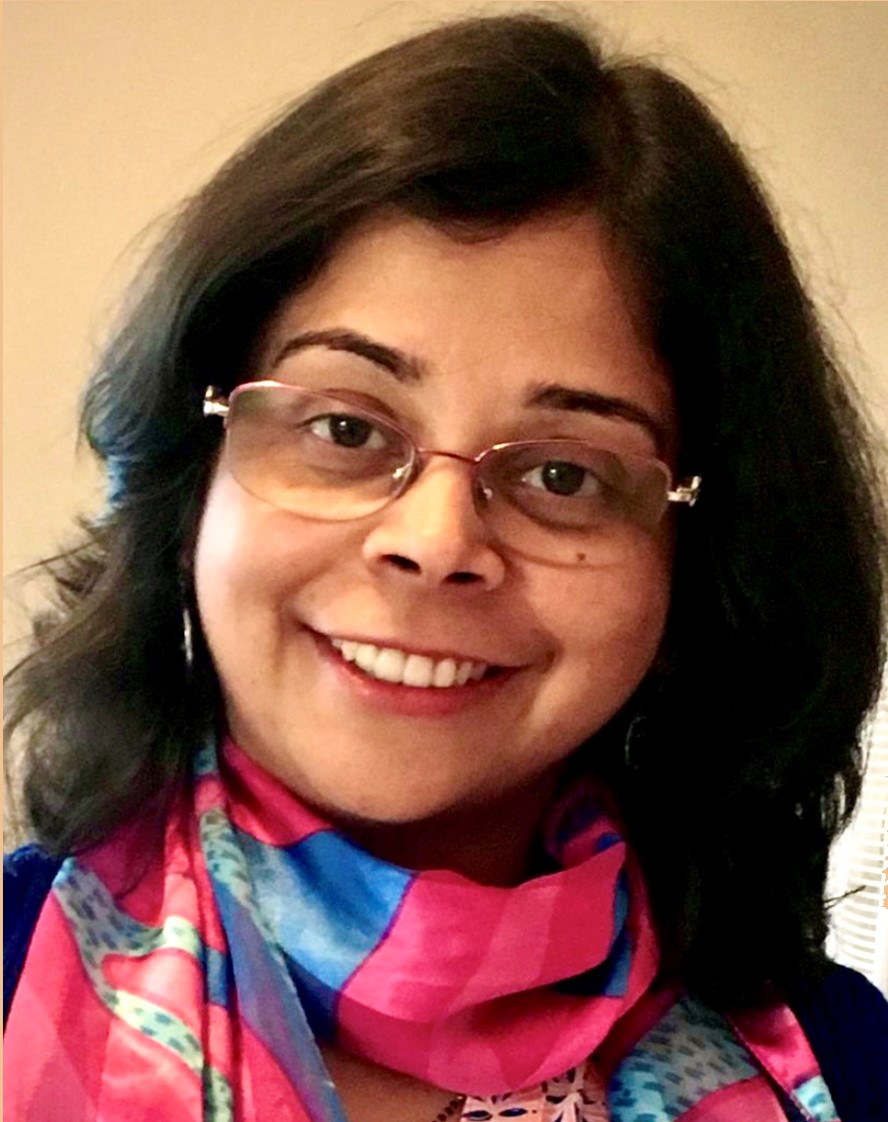Below is a summary of the abstract you submitted. Presenting author(s) is shown in bold.
If any changes need to be made, you can modify the abstract or change the authors.
You can also download a .docx version of this abstract.
If there are any problems, please email Dan at dar78@pitt.edu and he'll take care of them!
This abstract was last modified on May 23, 2024 at 7:46 a.m..

Students interested in STEM fields who enroll in 2-year Community Colleges primarily do so to complete prerequisites for a pre-professional undergraduate degree. At Metropolitan Community College (MCC), Omaha, Nebraska, we set out to break the mold by offering a year-long SEA-PHAGES program for college credit – the first and only Community College in the state to offer the program – catered to introducing students to cutting edge research at an early stage in their college journey. MCC’s official mission is to deliver relevant, student-centered education to a diverse community of learners. In that regard, SEA-PHAGES provided a perfect synergy with the college’s mission by helping to also reach out and include under-represented groups. The first cohort was a very diverse and varied group of students ranging from high schoolers taking college credit to returning adult learners seeking to rekindle their interest in research prior to graduate school. International students (Burkina Faso, Indonesia, Cuba) mingled with local Nebraskans and a home-schooled student hailing from a family with a military background. All the students were held together by one common goal – to use SEA-PHAGES as a way to propel themselves to graduate schools in STEM fields and to achieve more than just working towards an undergraduate degree. This goal was atypical of the cohorts in the other Science classes that I teach at MCC.
The ability to conduct path-breaking research and the chance to identify hitherto undiscovered bacteriophages with potential long-term implications for phage therapy, was the biggest attraction for the students. To support them, MCC offered scholarships to all students through the President’s office and MCC Foundation. The course was highly successful with 11 new phages being identified, two of which have also been annotated successfully in the Bioinformatics course. The students also received accolades at multiple conferences in Nebraska, including receiving the Best Undergraduate Research Project in Biology at the annual meeting of the Nebraska Academy of Sciences where they competed against college students from all over the state.
The success of the first year has spurred growth in the program such that we will be offering it at two campuses at different times in the 2024-25 academic year. A variety of recruitment approaches are being pursued in the upcoming months (open houses, scholarship events, in-person interviews, and online calls) and, potentially, a summer camp for interested high schoolers in the coming years.
The validity and success of SEA-PHAGES has not gone unnoticed in the wider community via newspaper articles on phage discovery by the high school student (in the Omaha World Herald) and on television – KETV (an ABC affiliate) - as well as in the online and video publications of MCC.

